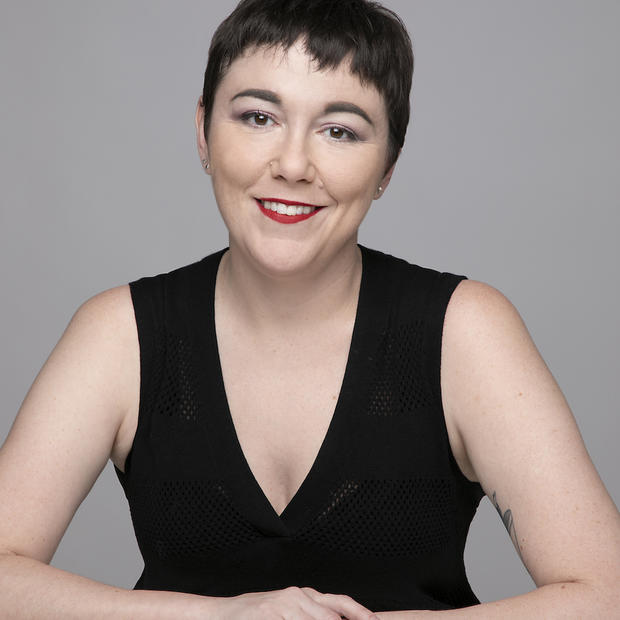Today's winners: 36th District state House candidate Sahar Fathi
As noted in Fizz this morning, we hosted a forum last night at the Phinney Neighborhood Center featuring all five Democratic Party candidates for the 36th District state house seat being vacated by Democratic Rep. Mary Lou Dickerson.
Though the candidates, particularly newcomer Brett Phillips, were well-versed in policy details, we're making Sahar Fathi, an aide to Seattle City Councilmember Mike O'Brien, the winner for convincing (skeptical) us that her emphasis on racial justice (in the affluent 36th — Queen Anne, Magnolia, Ballard, Bell Town, South Lake Union ... where she lives) was particularly relevant.
Not only did she squarely put environmentalism — typically ignored during recessions — back on the agenda by viewing it as a racial and social justice issue by connecting it to public transit ("environmentalism has a face" she said, undoing the conventional wisdom during economic downturns that we have to focus exclusively on "kitchen table" issues), but she hit our direct question about her identity politics out of the park.
We challenged her to name a piece of legislation that the Democratic caucus championed and pushed through that ignored the perspective of minorities and ended up being a detriment to communities of color. Fathi pointed to legislation — enacted, belatedly, in 2011 — that reduced the maximum jail sentence for a gross misdemeanor from 365 to 364 days, protecting legal immigrants from deportation. That legislation, she said, should have passed sooner — and if she had been in the Legislature, she would have pushed to make it happen.
We also liked how she answered another one of our questions — which we put to all the candidates: Name an issue where you've "evolved."
"I didn't see transportation as a social justice issue," Fathi said. "Social justice and transportation advocates should be working together."
Here's what the other candidates said they'd "evolved" on.
- Brett Phillips said he used to be a square on marijuana legalization. Not anymore. "I grew up learning that marijuana is bad for your health ... now I recognize that criminalizing marijuana is just modern prohibition."
- Gael Tarleton said she used to think "creating equal access to equal opportunity" simply involved establishing groovy social programs. Now she realizes you have to make them accessible and relevant.
- Evan Clifthorne said used to be a dogmatic college lefty on exporting coal ("There was a time when I would have rallied against it", but now he realizes that approach doesn't work and you have to "speak the language of the rest of the state"), which means fleshing out the issue in a way that tranlates into common goals.
- Noel Frame said as a young woman growing up in red turf in southwestern Washington, she grew up seeing the labor movement as a bad guy, but now sees labor as one of the most important forces in society for creating equity.


